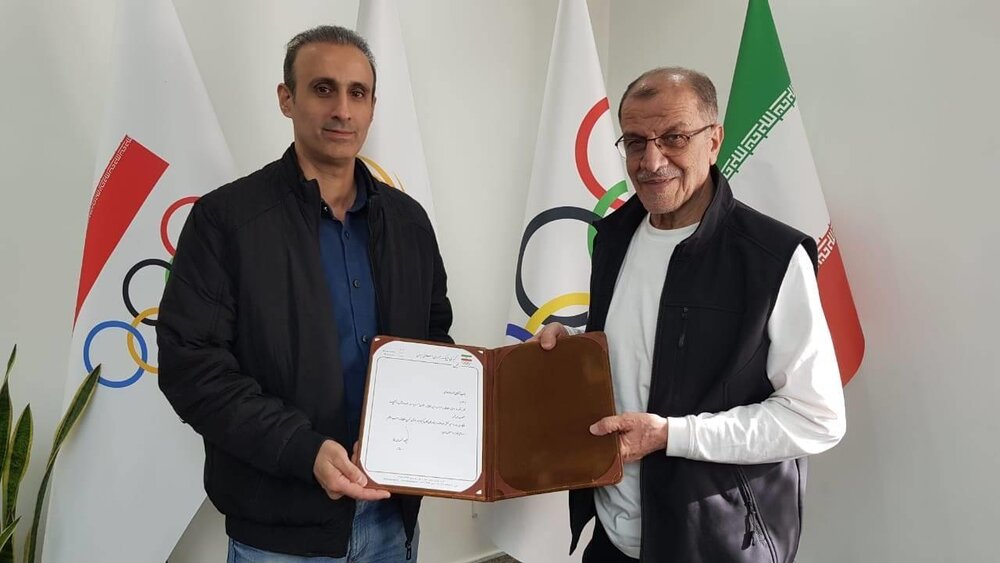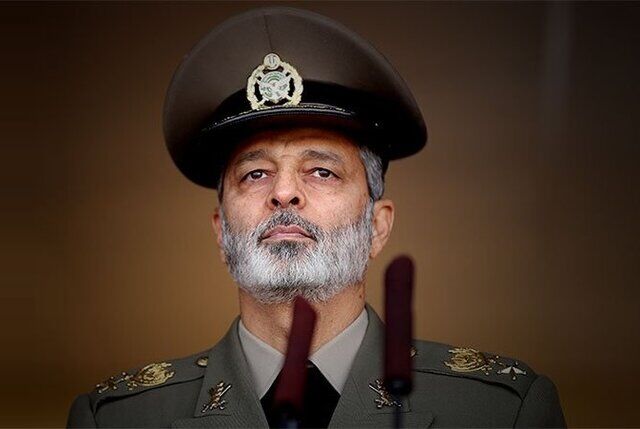Key Middle Eastern leaders shocked by Israeli rewrite of Gaza plan but still back it
Key Middle Eastern leaders shocked by Israeli rewrite of Gaza plan but still back it

For weeks, drafts of a US-backed Gaza peace plan have circulated in Middle Eastern capitals. The leaders of key regional countries felt confident about its contents even hours before it was released on Tuesday.
And yet, when US President Donald Trump unveiled his 20-point plan, those same leaders were caught off-guard by major differences between the initial drafts and the final version, several regional sources told Middle East Eye.
The most surprising changes concerned the number of Palestinians set to be released as part of the deal, and the phased approach to the Israeli withdrawal from the Palestinian enclave.
According to the sources, Trump appeared to have adjusted the plan to align more closely with Israeli Prime Minister Benjamin Netanyahu’s wishes.
Where previously hundreds of Palestinian prisoners were to have been released alongside 1,700 men, women and children detained from Gaza, now just 250 inmates would be freed with the detainees.
Original drafts mandated 600 aid trucks entering Gaza per day, while the new version’s vague language afforded no such commitment.
There were changes, too, to what had been agreed on governance: Gaza would be run by a “Board of Peace”, to be led by Trump and former British prime minister Tony Blair, that cut out international consultation.
Meanwhile, the “International Stabilisation Force” (ISF) that was slated to train Palestinian police to take over security suddenly had expanded powers that suggested increased Israeli control.
Not only was the Israeli troop withdrawal staggered without clear deadlines, the addition of a “security zone” around the perimeter appeared to signal the prospect of a permanent presence within Gaza.
“Turkey, Egypt, Jordan and others had specific objections, especially concerning the creation of the international force,” one regional source told MEE.
“But those same countries also believe they secured key concessions, such as Trump’s refusal to recognise Israeli annexation of the West Bank and a US commitment that Palestinians will be allowed to remain in Gaza. Israel also agreed, under the plan, not to permanently occupy the Strip.”
A senior Egyptian political source said Egypt’s President Abdel-Fattah el-Sisi and his UAE counterpart Mohammed bin Zayed were focused on how their countries could lead - and benefit from - reconstruction and humanitarian relief.
“Gaza’s reconstruction represents a major economic opportunity for Egypt, ranging from debris removal to infrastructure development and urban projects. Such operations would channel billions of dollars into Egypt, directly and indirectly, boosting its economy in the long run,” the source said.
It would also, the source said, end the looming threat of hundreds of thousands of Palestinians from Gaza being expelled into the Sinai Peninsula.
“Accepting Trump’s plan to halt the war in Gaza would completely end the displacement scheme, which had become a source of deep tension between Cairo and Tel Aviv,” the source added.
Pressure on Hamas
Despite dissatisfaction with several elements, officials from Turkey, Qatar and Egypt convened quickly in Doha on Tuesday to encourage Hamas to give a positive response to Trump’s proposal.
In fact, pressure on Hamas was building even before Tuesday’s announcement.
Turkish Foreign Minister Hakan Fidan told the media over the weekend that while the US was tasked with persuading Israel to accept the plan, Turkey and other regional players would focus on convincing the Palestinians.
'Gaza’s reconstruction represents a major economic opportunity for Egypt'
- Egyptian political source
According to the Egyptian political source, during a recent meeting in Cairo, Mohammed bin Zayed and Sisi decided to “exert maximum pressure on Hamas to accept the deal” and agreed it was important to swiftly announce their own backing after it was made public.
“Egyptian General Intelligence chief Hassan Rashad, acting under direct instructions from Sisi, personally began preparing Hamas to accept the plan that was about to be unveiled,” a senior Egyptian security source told MEE.
“Cairo and Doha also began coordinating their moves as soon as they were notified of Trump’s plan,” the security source added.
“Hamas leaders were briefed on its terms immediately after the official announcement, with an emphasis that this was the last opportunity to end the war and ease the suffering of the Palestinian people.”
Stormy meeting
Trump met several leaders of Muslim-majority and Arab countries in New York a week ago on the sidelines of the United Nations General Assembly.
One of the main issues discussed in the 45-minute meeting - described by an Egyptian diplomatic source as “stormy” and “far from friendly” - was the International Stabilisation Force.
According to the source, Trump asked all of the countries present - Jordan, the United Arab Emirates, Indonesia, Pakistan, Turkey, Saudi Arabia, Qatar and Egypt - to contribute troops to the force.
In the wake of Trump’s announcement, all eight countries issued a joint statement welcoming the Gaza plan and expressing their readiness to help finalise it.
But despite those positive words, behind closed doors serious concerns still exist in these countries about the prospect of deploying their soldiers on the ground in Gaza.
“Who will lead this force? Who will decide when to intervene? What will be the rules of engagement?” a second senior regional official asked. “These questions all need to be discussed.”
The second official suggested that further negotiations involving the Arab and Muslim countries, the US, Israel and Palestinian representatives would be necessary before such a force could be viable.
The source added that Turkey, Jordan and Egypt sought to have UN Security Council approval for the force to legalise the move in the eyes of the international community, but the US and Israel dropped it from the draft plan.
“The Israelis don’t want UN involvement in any matter related to Palestine,” said the official.
A Turkish source familiar with Ankara’s position said Turkey is considering deploying troops in Gaza, depending on variables such as the structure and leadership of the force.
However, a source familiar with Israeli thinking said Netanyahu would oppose any Turkish participation in such a mission.
“Yet Hamas may insist on Turkish involvement,” the source noted.
Targeting Hamas abroad
Other elements of the plan remain troublingly unclear.
For example, it is not yet defined how Gaza will be governed under the so‑called technical committee or the “Board of Peace”.
Another unresolved issue concerns Hamas members who may choose to leave Gaza under Trump’s plan.
Israel has vowed to pursue and kill all Hamas leaders regardless of where they reside.
'The Israelis don’t want UN involvement in any matter related to Palestine'
- Regional official
A strike on Doha on 9 September failed to kill the Hamas figures it was targeting, but nonetheless rattled Gulf Arab states, which rallied around Qatar.
MEE revealed subsequently that Egypt had uncovered Israeli attempts to assassinate Hamas leaders on its soil too.
If Trump’s plan is accepted by Hamas, some of its members are expected to relocate to Turkey, Egypt, or possibly Saudi Arabia.
Yet regional sources told MEE that those states have not received assurances that Israel will refrain from staging attacks on Hamas there in the future.
Regional states worry that hosting them could expose their own territories to Israeli retaliation.
Though they sought assurances under the plan, Israel and the United States were not willing to give them.













